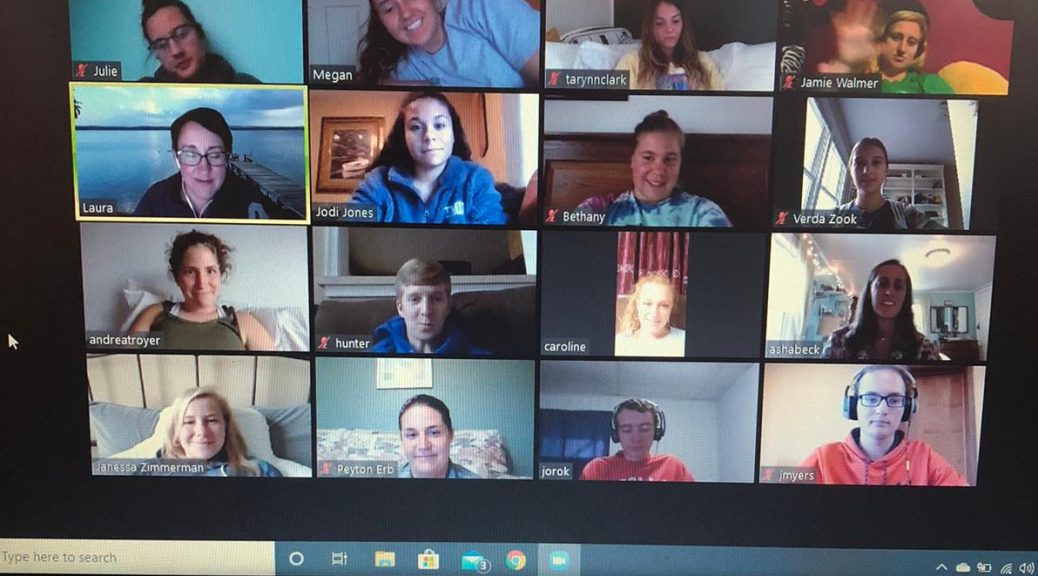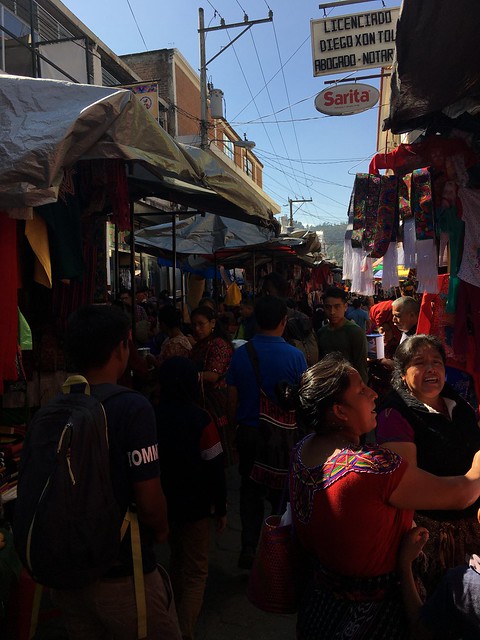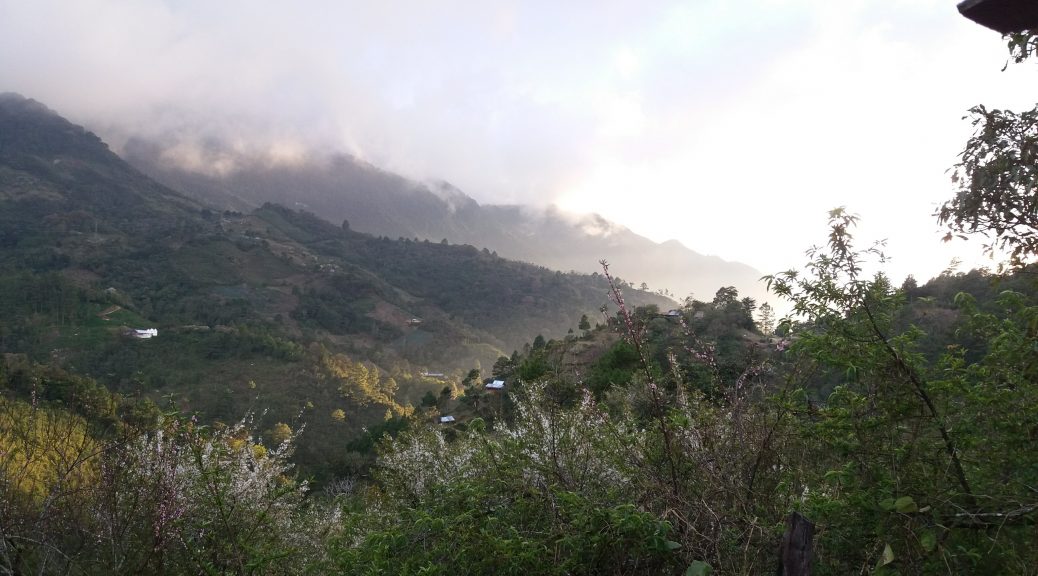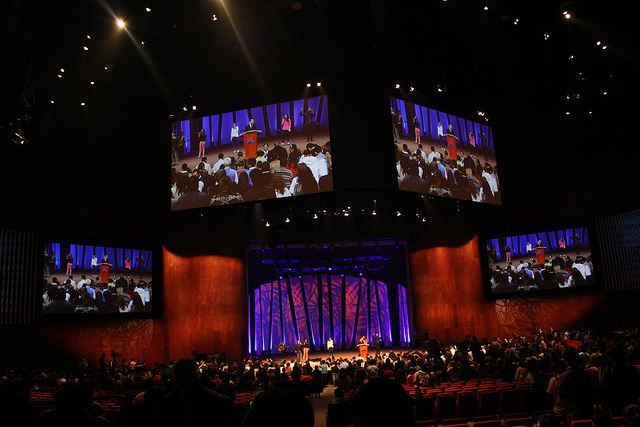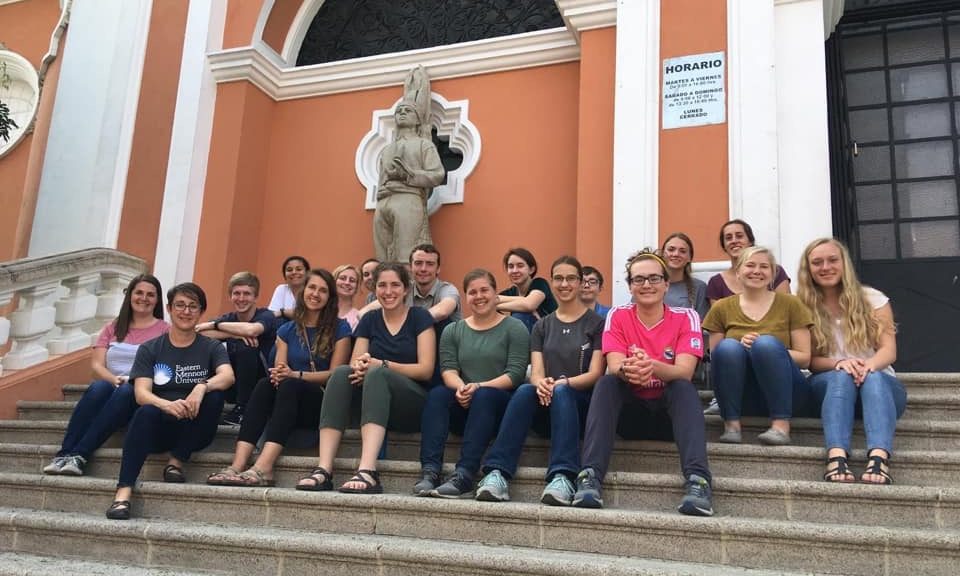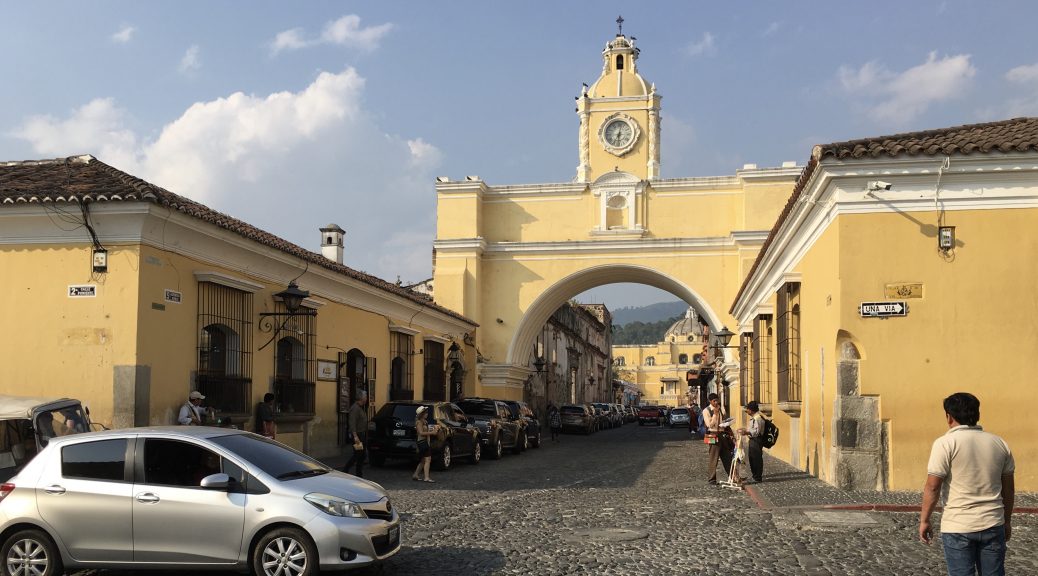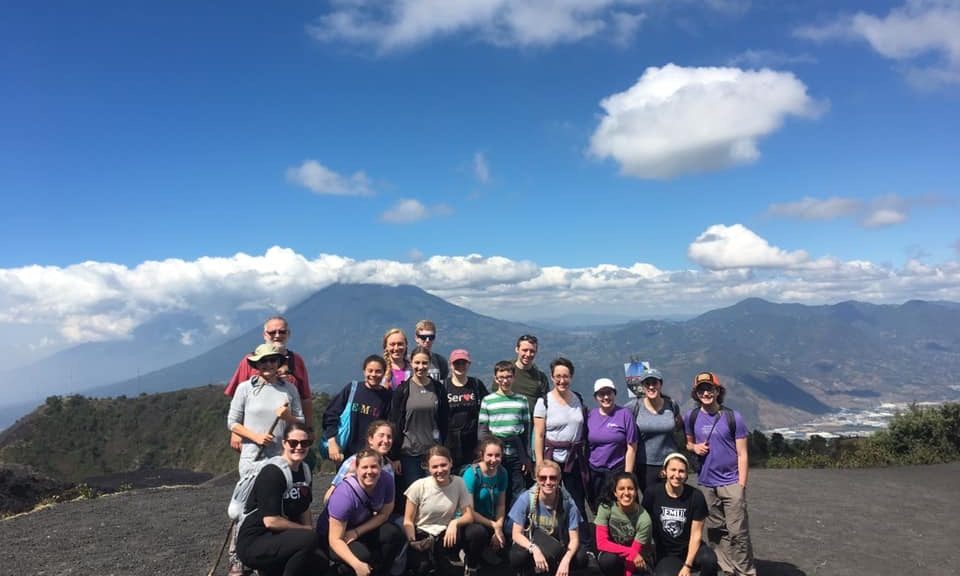On Leaving Guatemala
3.31.20
“What does it mean to pack up your bags and go somewhere new? To leave family, friends, school, your way of living… and just restart in a new place, a new country perhaps? Well, these were my thoughts when we first left the United States in January, and I had similar feelings as we left … Continue Reading ››
